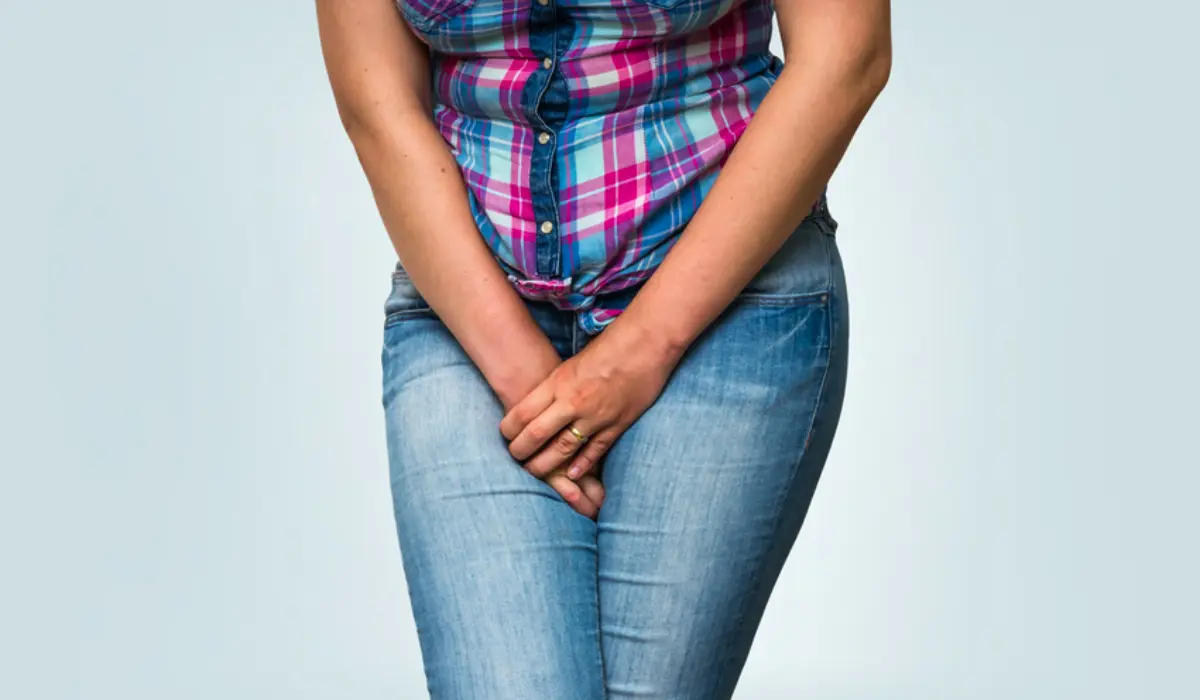PMS Just Got Worse!
Most of us have seen the t-shirt with the wild looking woman on it shouting, “I’m PMSing and I’ve got a gun!” While it can be good for a laugh, what isn’t funny is the fact that many times a more severe form of this syndrome actually does drive a woman to the point of violence.
Premenstrual dysphoric disorder, or PMDD has, within the last few years, been listed as an official diagnosis in psychiatry. It may be the fear of the stigma associated with a psychiatric condition that keeps women from seeking help for their symptoms-or it may be a lack of education that what they are experiencing is a treatable condition. “We’ve got to educate women that they do not have to tolerate debilitating premenstrual symptoms,” said Phyllis Greenberger, MSW, Executive Director of the Society for Women’s Health Research. “Women have a right to know if what they are experiencing month to month is actually PMDD, and how to get help.”
What Is PMDD?
PMDD is an acronym for the more severe form of PMS (Premenstrual Syndrome), and stands for Premenstrual Dysphoric Disorder. Similar to PMS, it manifests the week before menstruation and is gone a few days later. What characterizes PMDD is severe emotional moodiness and mood swings as well as physical symptoms that can make everyday functioning almost impossible. Relationships are most susceptible to attack during this time when the symptoms extend far beyond the boundaries of manageability.
The criteria used to diagnose PMDD includes symptoms of depressed mood, irritability, anxiety and mood swings. All of these are in combination with sleep disturbance, outbursts of anger, trouble concentrating and physical symptoms of sore breasts and bloating. The combined total of all of these symptoms can easily take a woman to the edge.
When Medical Help Is Important
While the symptoms for PMS and PMDD are almost identical, the severity is very different. A woman suffering with PMS may feel some sadness or a mild depression-both of which are quite common. However, a woman with PMDD can have depression so intense that hopelessness or a desire to kill themselves or others is possible. Attributing this degree of intensity to “just PMS” is both inappropriate and an inaccurate assessment of what is happening to the woman. If a woman is exhibiting this depth of despair, help from a mental health professional is strongly advised. Women who have suffered with depression are more inclined to have PMDD, and conversely, women with PMDD tend to depression, especially after menopause.
“They Will Laugh At Me”
The real tragedy in all of this is that most women who have PMDD either choose to deal with it on their own, or feel that their concerns would not be taken seriously by their healthcare professionals.
Jean Endicott, Ph.D, Director of the Premenstrual Evaluation Unit at Columbia Presbyterian Medical Center said, “I frequently work with patients who have waited years to ask a doctor about premenstrual problems or have been turned away by their health care provider when they tried to discuss symptoms.” Further, Dr. Endicott remarked, “They fear becoming the target of jokes or that seeking help is a sign of weakness. Informing women and providers about diagnosing and treating PMDD helps clear the way to effective medical care.”
Even though it does not seem as though PMDD is preventable, it is treatable and should be taken seriously by everyone in the metron of a woman suffering with its symptoms.


